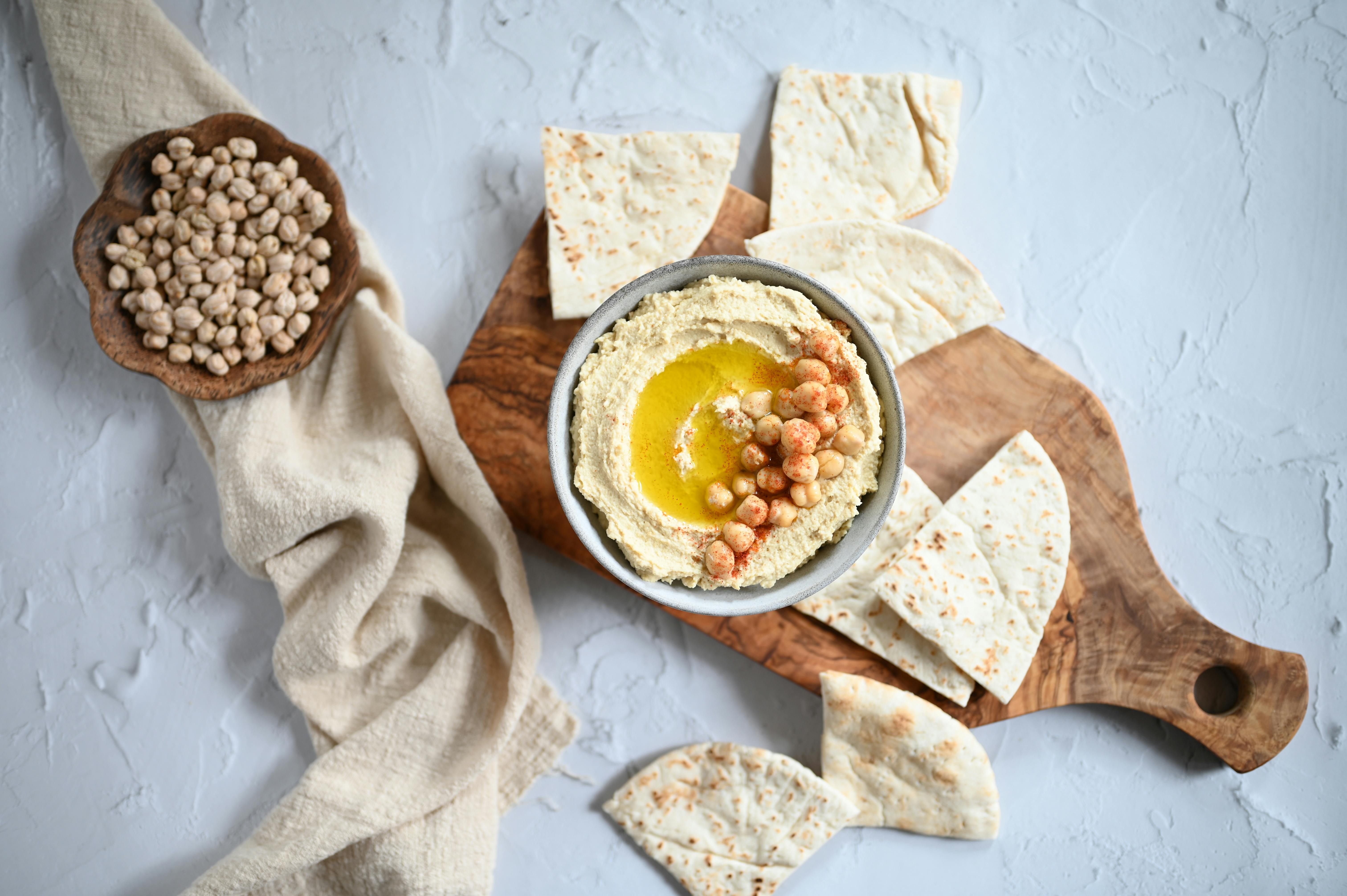A Dietitian's Guide to Lowering Cholesterol Without Medication
41. Harness the Power of the Mediterranean Diet

Instead of focusing on single foods, a comprehensive strategy is to adopt the Mediterranean diet as a whole. This eating pattern is consistently ranked as one of the healthiest in the world, specifically for its cholesterol-lowering effects. It emphasizes plant-based foods, like fruits, vegetables, legumes, whole grains, and healthy fats from olive oil and nuts. It limits red meat and dairy, which are often high in saturated fats. The power of this approach lies in the synergy of these foods working together. The diet's combination of fiber, antioxidants, and unsaturated fats creates an environment that actively reduces LDL cholesterol and supports overall cardiovascular function, proving that the whole is greater than the sum of its parts.
42. Get a Daily Dose of Sunlight (for Vitamin D)

While you might not think of the sun as a cholesterol-lowering tool, getting adequate vitamin D is crucial. Research has linked low levels of vitamin D to an increased risk of high cholesterol and heart disease. While the exact mechanism is still being studied, it is believed that vitamin D helps regulate the enzymes involved in cholesterol synthesis. Most of our vitamin D comes from sun exposure, but it can also be found in fortified foods like milk and cereals, and in fatty fish. Spending 10-15 minutes in the sun each day or considering a supplement (after consulting with a doctor) can be a simple, non-dietary way to support your heart.
